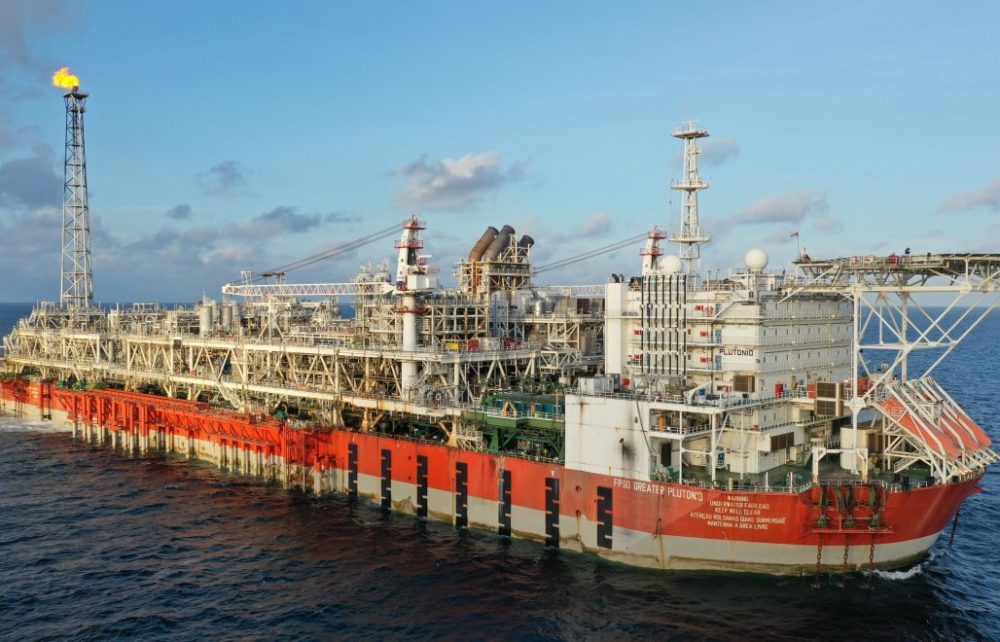The recent oil price rise could lead Angola to a budget surplus this year, instead of a projected deficit, according to Eaglestone Securities.
In a note about the decision by OPEC+ to keep a tight limit on oil production in April, “sending crude prices soaring in a market that had been expecting additional supply”, the consultancy says that the “surprise” move, “also signals a tighter crude market in the months ahead”.
Brent prices have averaged USD 58 in the first two months of this year, rallying more than 30% since end-2020 to currently stand above USD 67, driven by the existing OPEC+ supply curbs and some optimism about a recovery in the global economy from the Covid-19 pandemic that could fuel stronger demand for crude.
Current projections, Eaglestone adds, suggest crude prices could average just below USD 65 through 2025, which would mean Angola could reach a fiscal surplus in 2021.
According to the consultancy´s estimations, the Angolan government “is likely to reach a fiscal surplus in 2021 (for the same level of expenditures already assumed in the budget) if oil prices remain at the current levels”.
If average oil prices reach USD 60 a barrel this year then the government would record a fiscal surplus representing 3.0% of GDP, instead of the projected deficit of 2.2% of GDP, assuming an average oil price of USD 39.
“The government continues to reiterate its commitment to fiscal consolidation and the reform agenda aimed at restoring macroeconomic stability, recouping sustainable growth by improving diversification away from the oil sector”, Eaglestone says.
However, it cautions, public debt remains high, above 130% of GDP in end-2020, reflecting “the sharp depreciation of the kwanza in recent years (over 80% of public debt is denominated or indexed to foreign currency) and the economic recession since 2016”.
“Despite the continued decline in oil production, the current outlook for oil prices is positive news for Angola, as it helps the country’s economic recovery and fiscal accounts, while the recent stabilization of the kwanza should also contribute to improving debt sustainability”, Eaglestone says.
“The government should take advantage of the much needed tailwind that higher crude prices are likely to provide in the months ahead”, it recommends.




